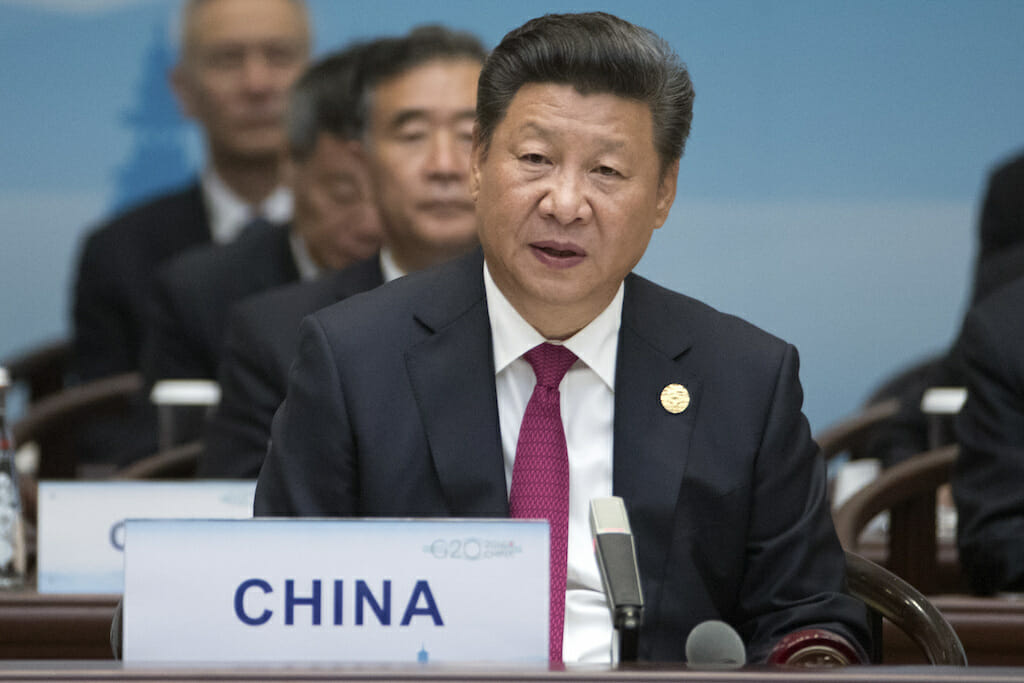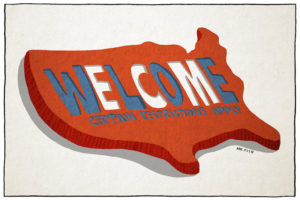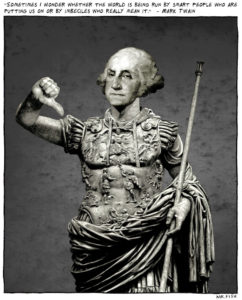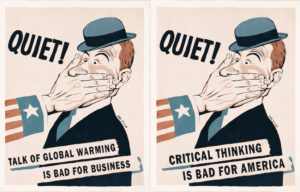U.S. Will Pay the Price for Ignorance in Trade War With China
Donald Trump's lack of understanding about Chinese culture—and the need to save face at all costs—increases economic risk for America. Chinese President Xi Jinping. (Mark Schiefelbein / AP)
Chinese President Xi Jinping. (Mark Schiefelbein / AP)
In the early 1980s, a delegation of Chinese businessmen invited me to Shenzhen, a former fishing village growing into a booming metropolis constructed with what looked to be gigantic Lego pieces. Since then, the many ports along its coastline have become home to some 39 shipping companies responsible for launching 131 international container routes.
Politicians may make promises to protect national borders, but global markets will continue to shape the world. So it might be wise to remind ourselves just who is holding the checkbook these days. In the 1920s, British firms held 40 percent of the global stock of foreign direct investment. By the 1960s, America had assumed that mantle. China is likely to be next. It is the world’s largest nation. Its economy has quintupled in the last 25 years. And its state-sanctioned bank supplies over half the world’s liquidity. While the U.S. retreats from the world stage, China is engaging, learning and adapting. Along the way, it is developing more and more confidence at the global negotiating table.
China’s political talent advances up the political ladder step by step with a long-term view. Ministers are required to work in the poorest provinces before being considered for the highest posts within the central government. Donald Trump—real estate mogul and reality TV celebrity with no previous experience in politics—has pitted himself against China’s President Xi Jinping, an astute politician who has risen methodically through the ranks.
Whether Trump will make it to the end of his four-year occupancy in the White House is an open-ended question. Xi—recently enshrined in the constitution by the Communist Party—has power for life. But in order for the party to underwrite Xi’s political ideology, it must continue to deliver growth. For that, two things must occur: China’s judicial system must find a way to guarantee the protection of private assets, including intellectual property, and its financial system must accept further liberalization.
No one can argue that, for some time, China has treated American companies unfairly. Most would agree that change is needed to establish an acceptable degree of geopolitical parity with the U.S. It appears that Xi is not entirely opposed to this. He has navigated around Trump’s taunting tweets, retaliating in equal measure only when push comes to shove. On our end is a president wandering in and out of decision-making polices without understanding much of anything, which has resulted most recently in his sharp reversal of the multi-country trade agreement that he pulled out of immediately after being sworn in, despite warnings of the negative consequences by, well, everyone.
Trump is obviously unaware that, despite China’s staggering socioeconomic changes, its culture—rooted in thousands of years of tradition—continues to adhere to certain fundamental beliefs. Crucial in any transaction with the Chinese is mianzi, or “face.” There is no single-word translation for the idiom, but its meaning resides within close proximity to “dignity.” Among the Chinese, it is almost always more important a commodity than money. Keeping face is paramount. Losing it, disastrous. Taking it away, unforgivable.
China’s single-voice narrative and underlying unity is that nation’s inner cohesion. Americans have repeatedly proved that they have a low threshold for discomfort. It is not difficult to guess which nation will outlast the other in a trade war. If the goal is to bring China to the negotiating table to avoid that financial disaster, it is Trump’s ignorance of China that increases the risk of doing the opposite—forcing China to save face at all costs. Let us hope that someone in his administration impresses upon him the economic consequences of an ancient Chinese proverb, Qí hǔ nán xià: “When on a tiger’s back, it is hard to dismount.”
Your support matters…Independent journalism is under threat and overshadowed by heavily funded mainstream media.
You can help level the playing field. Become a member.
Your tax-deductible contribution keeps us digging beneath the headlines to give you thought-provoking, investigative reporting and analysis that unearths what's really happening- without compromise.
Give today to support our courageous, independent journalists.





You need to be a supporter to comment.
There are currently no responses to this article.
Be the first to respond.